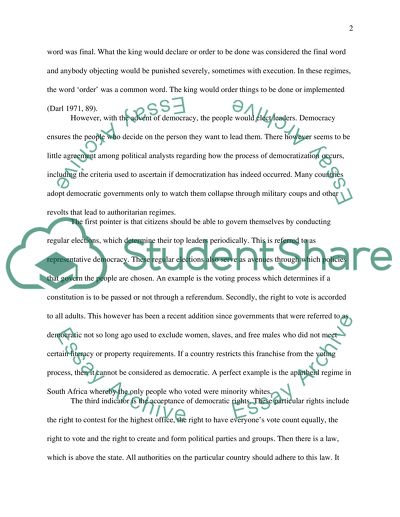Cite this document
(How the Liberal Democracies in the Western States Such the US, U.K and Research Paper, n.d.)
How the Liberal Democracies in the Western States Such the US, U.K and Research Paper. Retrieved from https://studentshare.org/politics/1496525-essay-to-what-extent-has-the-nature-of-power-in-western-liberal-democratic-states-changed-in-recent-decades-in-your-answer-ex
How the Liberal Democracies in the Western States Such the US, U.K and Research Paper. Retrieved from https://studentshare.org/politics/1496525-essay-to-what-extent-has-the-nature-of-power-in-western-liberal-democratic-states-changed-in-recent-decades-in-your-answer-ex
(How the Liberal Democracies in the Western States Such the US, U.K and Research Paper)
How the Liberal Democracies in the Western States Such the US, U.K and Research Paper. https://studentshare.org/politics/1496525-essay-to-what-extent-has-the-nature-of-power-in-western-liberal-democratic-states-changed-in-recent-decades-in-your-answer-ex.
How the Liberal Democracies in the Western States Such the US, U.K and Research Paper. https://studentshare.org/politics/1496525-essay-to-what-extent-has-the-nature-of-power-in-western-liberal-democratic-states-changed-in-recent-decades-in-your-answer-ex.
“How the Liberal Democracies in the Western States Such the US, U.K and Research Paper”, n.d. https://studentshare.org/politics/1496525-essay-to-what-extent-has-the-nature-of-power-in-western-liberal-democratic-states-changed-in-recent-decades-in-your-answer-ex.


